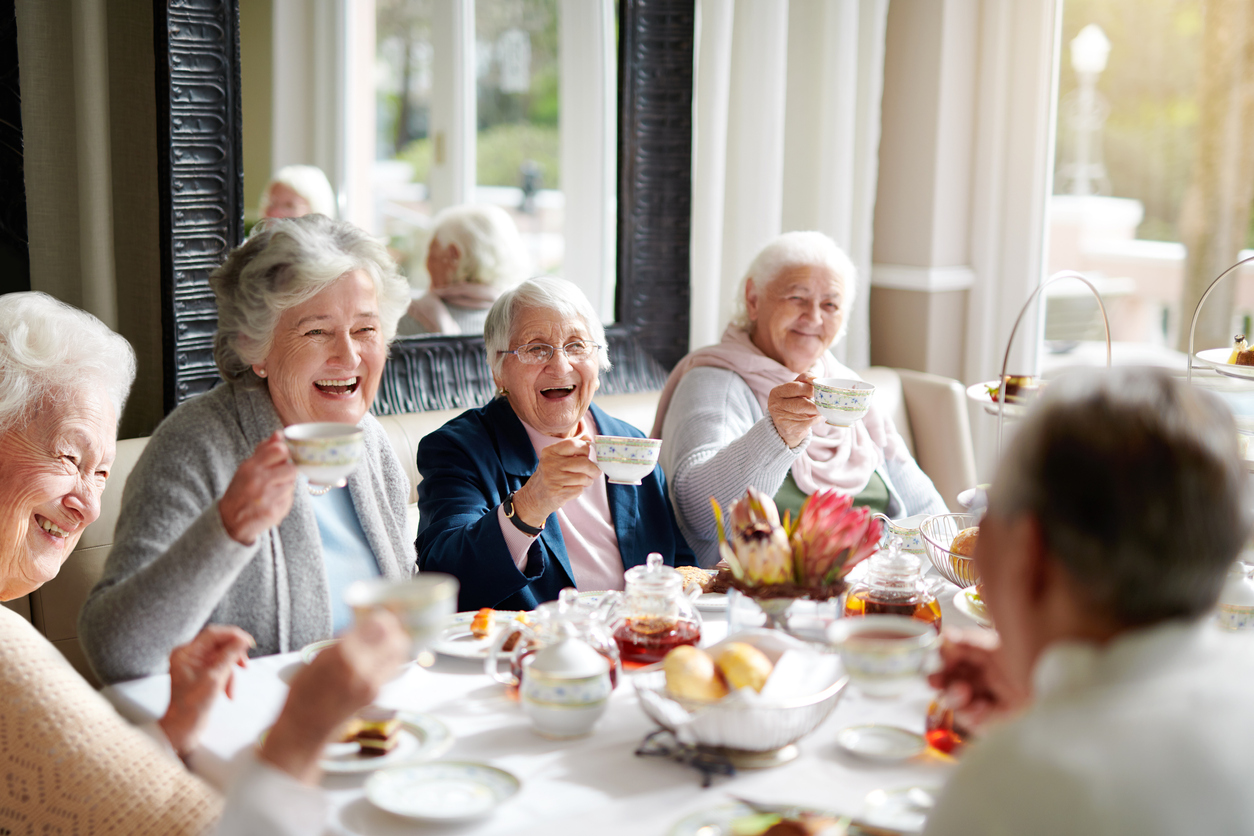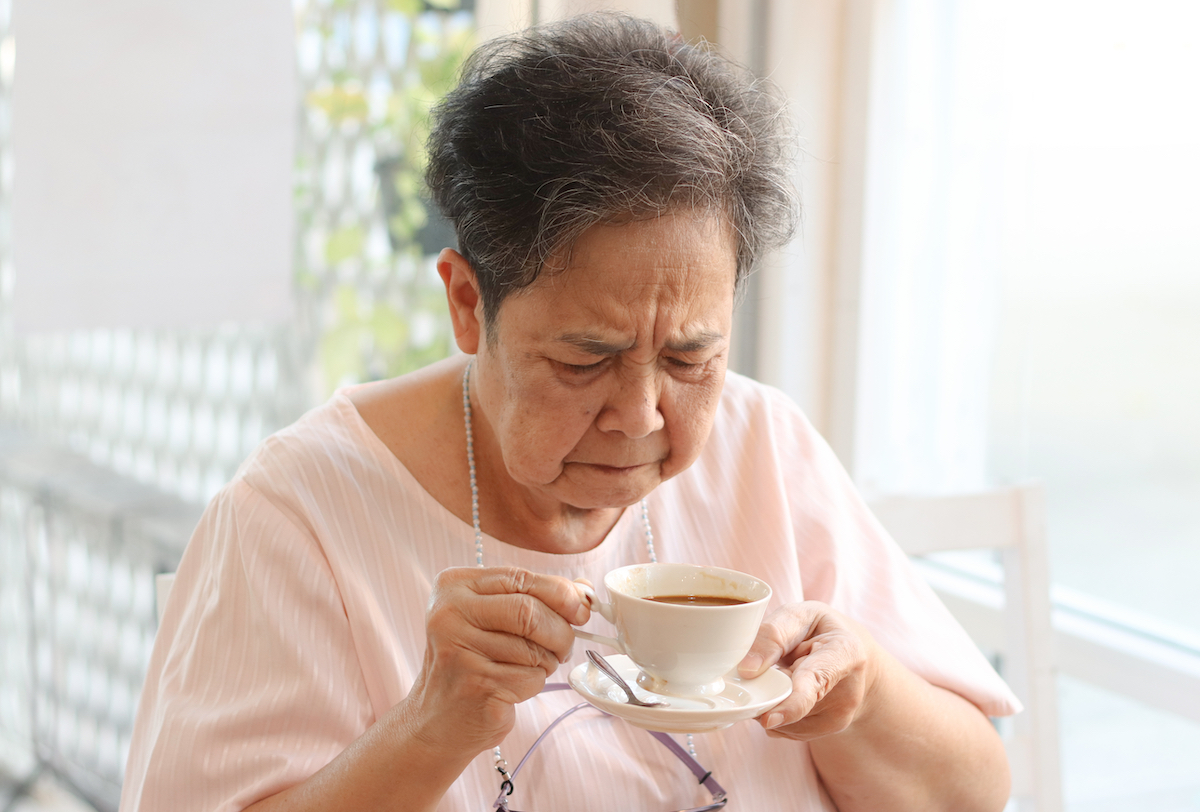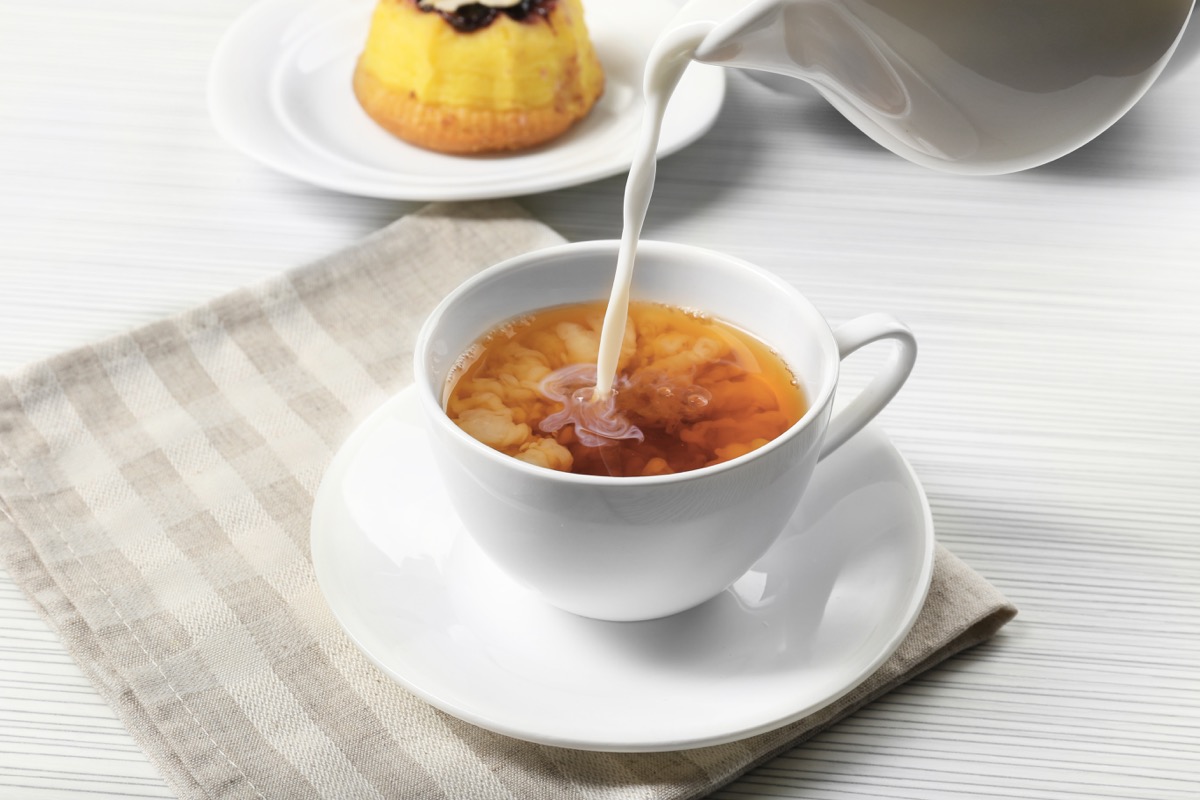If you were planning on pouring yourself a nice cuppa with your breakfast, lunch, or dinner, think again. In a new report, the Food Safety Authority of Ireland (FSAI) analyzed the diets of over 630,000 Irish senior citizens to update the country’s nutritional recommendations for the older portion of the population. According to new guidance released by the agency, mealtime is the worst time for people over the age of 65 to have a cup of tea. During their analysis, FSAI scientists examined the intake of certain nutrients besides protein, including fat, fiber, carbohydrates, vitamin C, B vitamins, Vitamin D, calcium, iron, and zinc. According to FSAI, strong tea is known to interfere with how the body absorbs zinc and iron, making an important reason for anyone over the age of 65 to switch to taking their tea times between meals only. Having a zinc deficiency makes it hard for the body to produce healthy new cells, leading to symptoms such as lack of alertness, decreased sense of smell and taste, diarrhea, loss of appetite, and a longer healing time for wounds, according to Healthline. And iron deficiency makes it harder for the body to transport oxygen through the bloodstream, leading to tiredness, shortness of breath, and decreased immunity, among other symptoms. And for more on other caffeinated beverages you should limit, If You Drink This Much Coffee a Day, Your Heart’s in Danger, Study Finds.ae0fcc31ae342fd3a1346ebb1f342fcb The FSAI’s recommendation to avoid taking tea at mealtime is also rooted in previous research that has found some caffeinated beverages to be a bad decision for nutritious food pairings. A 1983 study tested the effects of coffee and tea on the amount of iron absorbed by the body after eating a hamburger. Results found that drinking a cup of coffee during mealtime reduced iron absorption in the body by 39 percent, but ingesting tea along with the burger had an even bigger effect, dropping iron absorption by 64 percent. Besides advising not to drink tea while eating, the report pointed out several other important dietary considerations. This includes that the sense of taste “diminishes with age and can lead to increased salt intake; therefore, consumption of salty foods should be avoided and alternatives such as herbs and spices can be used to increase flavor.” The FSAI scientists also found that older people require a higher protein diet as they age to avoid frailty, suggesting to eat plenty of meat, poultry, fish, dairy, and eggs to get the nourishment required to stimulate muscle growth. Scientists also recommend that seniors’ diets be full of foods containing high fiber carbohydrates and be low in sugar intake. They also suggest taking a daily vitamin D supplement to make sure nutritional requirements are met. And for more beverages that could affect your health, If You Drink This, You Could Become Resistant to Antibiotics, Study Says.



